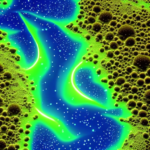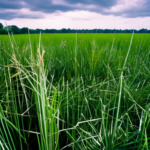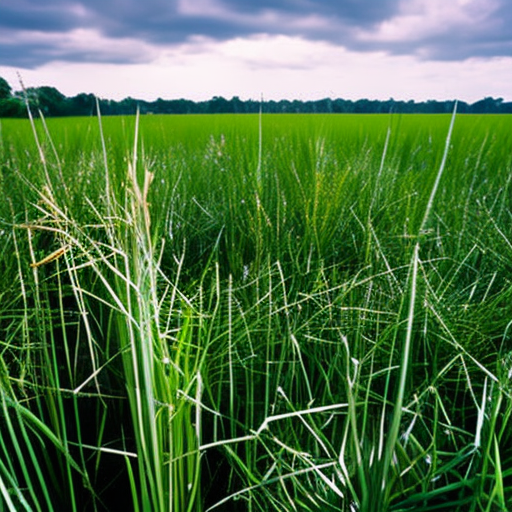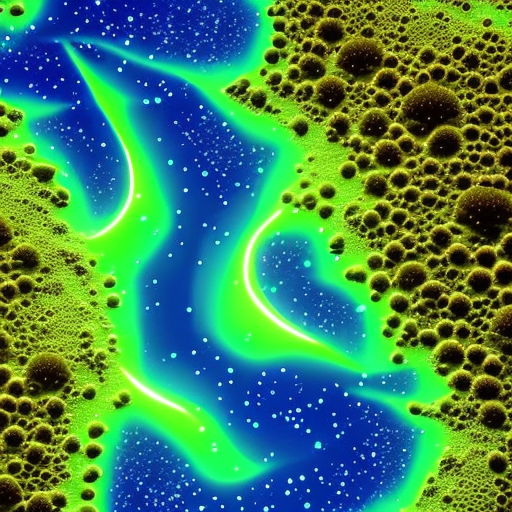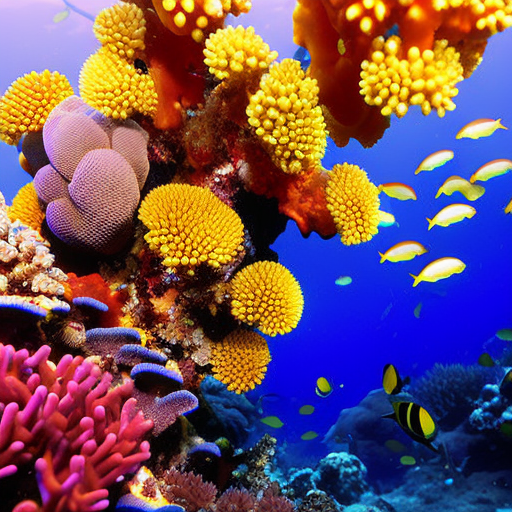Summary: Wetland ecology is the study of the interactions between organisms and their environment in wetland ecosystems. Wetlands are unique habitats that are characterized by the presence of water, wetland plants, and a variety of animal species. They play a crucial role in maintaining biodiversity, regulating water flow, and providing numerous ecosystem services. Understanding wetland ecology is essential for conservation efforts and sustainable management of these valuable ecosystems.
Introduction to Wetland Ecology
Wetlands are areas where water is the primary factor controlling the environment and the associated plant and animal life. They can be found in various forms, including marshes, swamps, bogs, and floodplains. Wetlands are characterized by the presence of water-saturated soils, which support the growth of unique vegetation adapted to these conditions.
Functions and Importance of Wetlands
Wetlands provide a wide range of ecosystem services that are vital for both wildlife and humans. One of their key functions is water regulation. Wetlands act as natural sponges, absorbing and storing excess water during periods of heavy rainfall, thus reducing the risk of flooding downstream. During dry periods, they slowly release stored water, helping to maintain water flow in rivers and streams.
Wetlands also play a crucial role in improving water quality. The plants and soils in wetlands act as filters, trapping and removing pollutants from water before it enters rivers, lakes, or groundwater. They help to reduce the levels of nutrients, sediments, and harmful substances, thus improving overall water quality.
Additionally, wetlands are important for biodiversity conservation. They provide habitat for a wide variety of plant and animal species, many of which are specially adapted to wetland conditions. Wetlands support a high diversity of bird species, amphibians, reptiles, and insects. They also serve as breeding grounds and nurseries for many fish species.
Threats to Wetlands
Despite their ecological importance, wetlands are facing numerous threats. One of the main threats is habitat loss and degradation due to human activities. Wetlands are often drained for agriculture, urban development, or infrastructure projects. This destruction of wetland habitats leads to the loss of unique plant and animal species and disrupts the delicate balance of the ecosystem.
Pollution is another significant threat to wetlands. Runoff from agricultural fields, industrial activities, and urban areas can introduce pollutants such as fertilizers, pesticides, and heavy metals into wetland ecosystems. These pollutants can have detrimental effects on the plants, animals, and water quality of wetlands.
Climate change is also impacting wetland ecosystems. Rising temperatures and altered precipitation patterns can lead to changes in water availability and quality, affecting the plants and animals that depend on wetland habitats. Sea-level rise is particularly concerning for coastal wetlands, as it can result in saltwater intrusion and loss of freshwater wetlands.
Conservation and Management of Wetlands
Efforts to conserve and manage wetlands are essential for their long-term survival. This includes the establishment of protected areas, such as national parks and wildlife refuges, to safeguard wetland habitats and their biodiversity. Restoration projects can also help to rehabilitate degraded wetlands by restoring water flow, removing invasive species, and replanting native vegetation.
Sustainable management practices are crucial to ensure the continued provision of ecosystem services by wetlands. This includes implementing measures to reduce pollution inputs, such as improved agricultural practices and wastewater treatment. Integrated water management approaches that consider the needs of both humans and the environment are also important for maintaining the health and functionality of wetland ecosystems.
In conclusion, wetland ecology is a multidisciplinary field that focuses on understanding the complex interactions between organisms and their wetland environment. Wetlands are valuable ecosystems that provide a range of ecosystem services, including water regulation, water purification, and habitat provision. However, they are under threat from habitat loss, pollution, and climate change. Conservation and sustainable management efforts are crucial for the preservation of these unique and important ecosystems.
